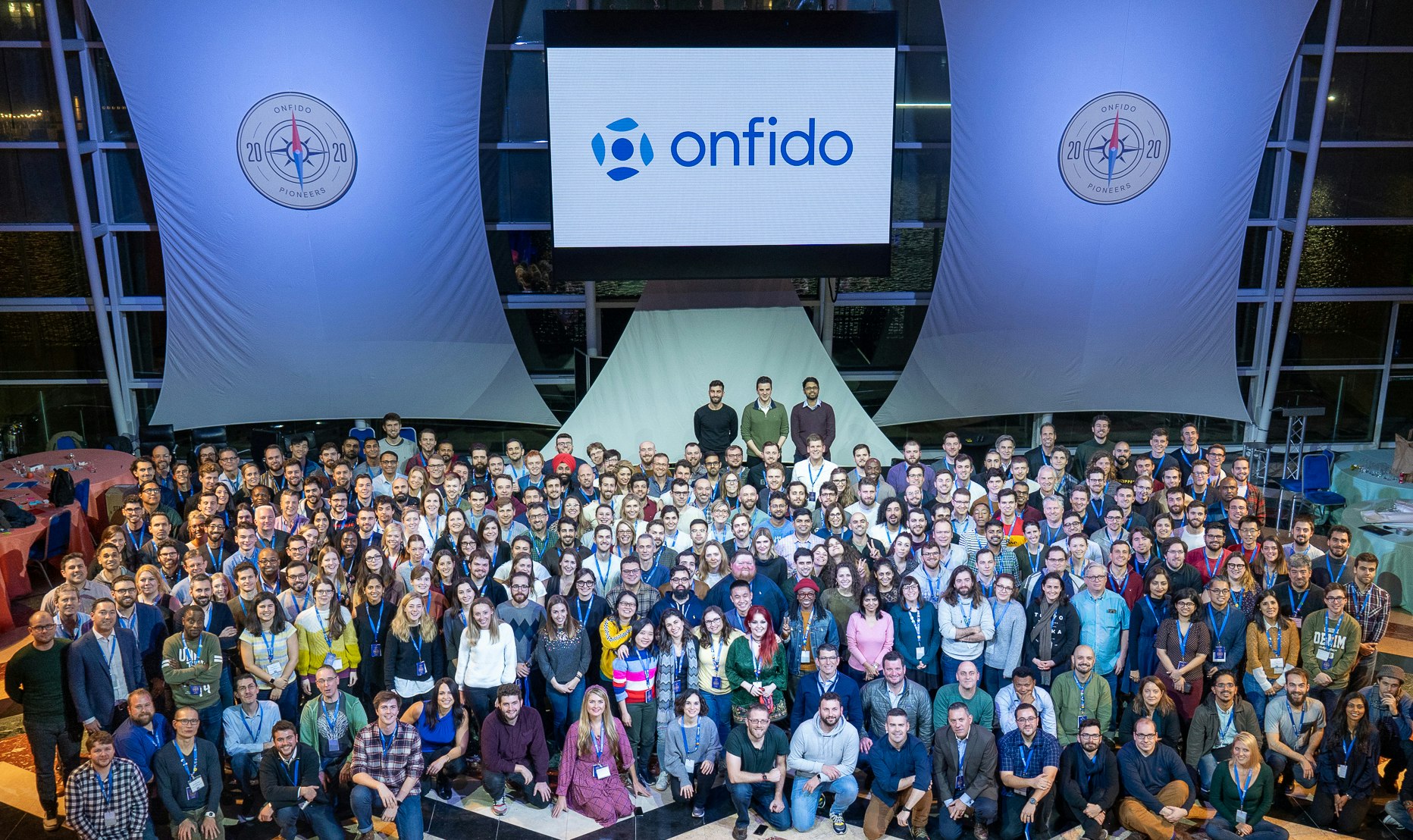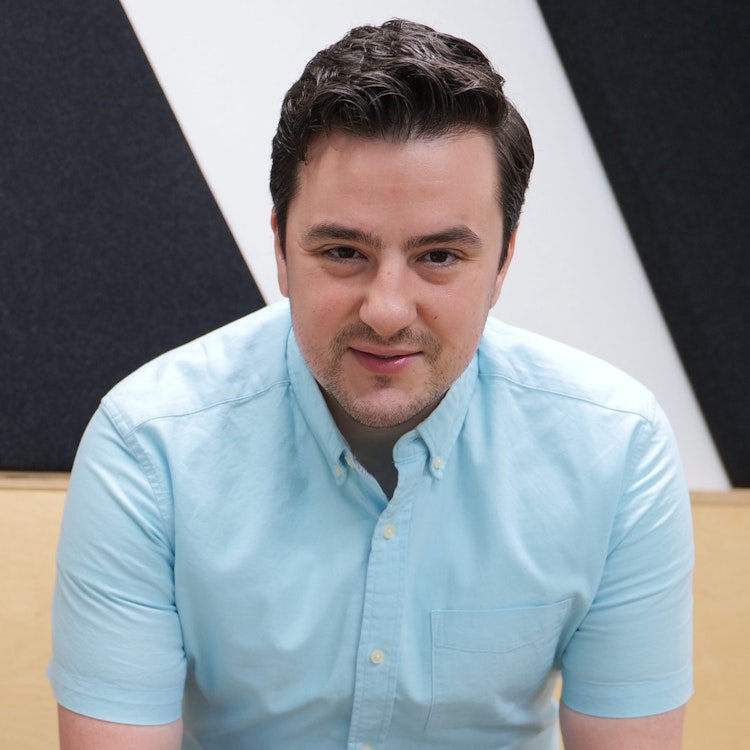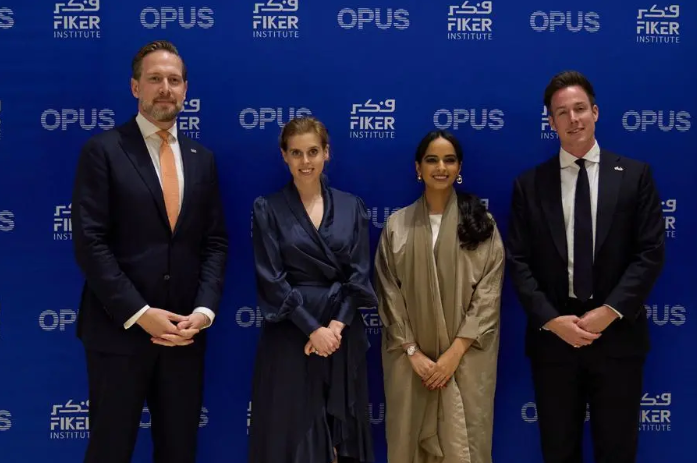Today we announced the startup we founded way back in 2010, Onfido, is in talks to be acquired by US payments company Entrust. Every investor is making a significant return, with the first investor generating a 320x return on investment.
If that makes it sound like a smooth success story, trust me: it wasn’t. We had our fair share of hurdles along the way: getting rejected from Y Combinator; forgetting to get life insurance despite it being a condition of investment; and having to re-register our US office four times.
But I did get one bit (mostly) right: I surrounded myself with great cofounders, team members, fellow founders and angel investors.
If you’re setting out on your startup journey, make sure you do the same.
London, 2010
The tech scene was quite different back in the early days; I could count the number of VCs in the UK on one hand and the number of new startups on the other.
Whenever I was asked what my plans were post-university, I always had one response: build a company. I would get a bizarre look from most, not least from my parents who’d migrated from Iran when was 10.
But not everyone thought I was nuts for wanting to help people verify themselves online. After my fifth attempt to find a technical cofounder, Ruhul Amin jumped onboard and his brilliant technical mind mapped out how AI could be used to build our product.
Ruhul and our third cofounder, Eamon Jubbawy, left high-paying jobs to get all-in. As a team, we had a firm belief in the mission and a firm focus on our execution.
We had complementary and well-defined skill sets and strengths — Ruhul leading the technological innovation, Eamon focusing on cultivating internal culture and processes, and me driving the growth engine and vision.
But, as first-time founders, we knew we had to learn from those who had been there and done it.

The UK startup scene was on the cusp of booming and we were lucky enough to turn to the cofounders at startups like DueDil, GoCardless and Transferwise for advice. One of the most impactful pieces of advice was to try and not overcomplicate things, and to rely more on our gut instincts. For example, in 2014, despite overwhelming advice suggesting we exclusively focus on expanding in the UK, we knew the right decision was to expand in the US.
I’ve always found that there is an unspoken level of respect and understanding between founders of startups. If a founder reaches out for help and they’re genuine, helping one another is and should be the norm.
The Onfido flywheel
Now we’re the ones paying it forward; Onfido has at least 14 team members who are now founders (and the list is growing).
Having helped play a part in fostering — and actively encouraging — the development of the next generation of founders is one of the things I’m most proud of.
In ancient civilisations, a market stall owner would train an apprentice with the understanding that, after a few years of service, the apprentice would eventually end up with an identical stand likely at the other end of the market.
Startup founders should do the same. Helping each other will drive forward tangible progress — and we’re seeing that firsthand.
Team effort
Despite the romanticisation of founders, building a category-leading company is fundamentally a team effort. We recognised that early on, as we were young (I was 20 when I founded Onfido) and quite transparent about being clueless about most things. But we were responsive and quick to learn.
We hired and developed a truly world-class team. We paid well (in share options) — and were demanding too. It was clear that you were joining a mission-driven company, and that you would be expected to learn and achieve more than you ever had.
We believed that it was exploitation to have employees who were not also equity owners — and now over a fifth of the company is owned by the team, which is rightly more than the founders.
Money, money, money
Our total revenue for the first year of operating was a mere £1,000. Our lucky break came from an angel investor (who said no) but introduced me to Alexandra Depledge, founder of the on-demand company Teddle, later acquired by Hassle.com.
We met for coffee in Google's Shoreditch Campus in 2012 and her straight-talking reaction to my pitch was roughly: “What you’re doing sounds crap, but this is what I need. Can you guys build it?”
We didn’t try to convince her otherwise. We just listened and spent the following six months exclusively working together to build simple yet robust online identity verification technology, and then started to sign more clients.
Alexandra helped us a lot. Our success with her meant that we were able to power the trust marketplace ecosystem, and later the fintech ecosystem, and eventually power the majority of mainstream banks. As first clients go, we lucked out.
Our continued rapid growth across industries meant we needed to surround ourselves with a network of trusted and world-class advisors.
I can’t name them all — but here are a few. Francis Wyburd was an early angel investor who was initially quite sceptical about our plans (and who would blame him?) In 2012, asking someone to share their ID card (with their personal sensitive data) and also a photo of their face sounded quite odd.
Despite this, he spent endless hours hammering a go-to-market path with me, and also helped with our company name.
Alexandra Kelly, an exited founder, was equally generous with her time, and coached me on how to sell effectively. Stephen Page from Startup Funding Club looked beyond the rubbish slides I had produced and sat with me to refine them to get to the core of our mission and why we should be funded, and personally invested.
And finally, Founders Forum’s Brent Hoberman. I must have emailed Brent at least a dozen times before he agreed to meet, and not only did he invest, but he introduced other top founders including BlaBlaCar and OneFineStay, who in turn, became clients and also investors.
Our first investment cheque back in 2012 was for £12k from Oxford University’s Innovation Office, and it was invoice-based. It lasted for almost a year — and at the time, I couldn’t believe that someone would actually trust me with money. It’s a good thing they did; they’ve now made a 320x return.
Unless Gen AI has failed me, the only close recent European comparisons are Index Ventures (Dropbox, 1,000x), Atomico (Supercell, 700x) and Creandum (Spotify, 300x).
What’s the lesson? Help out every ambitious founder who comes knocking. Develop every ambitious employee. And give them equity!



